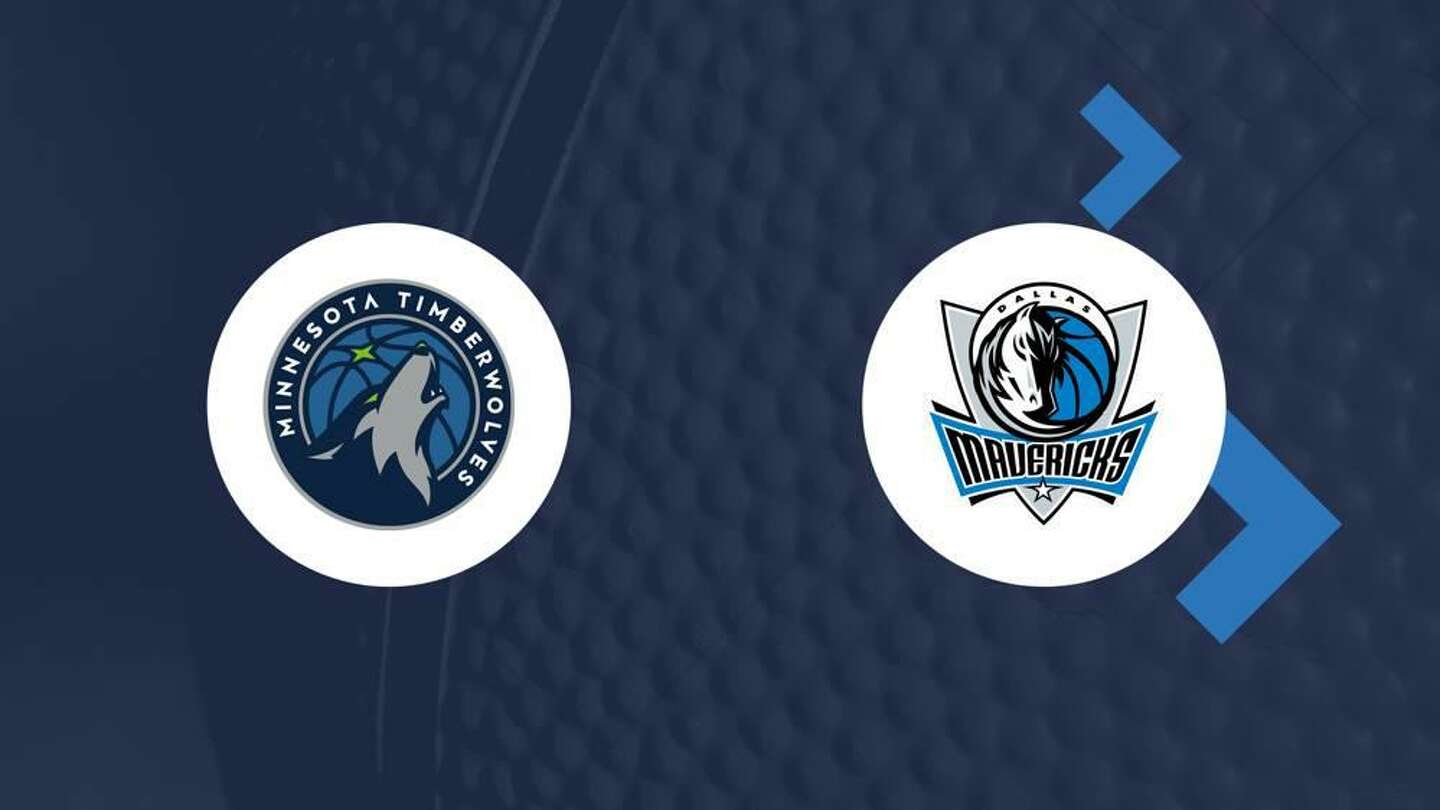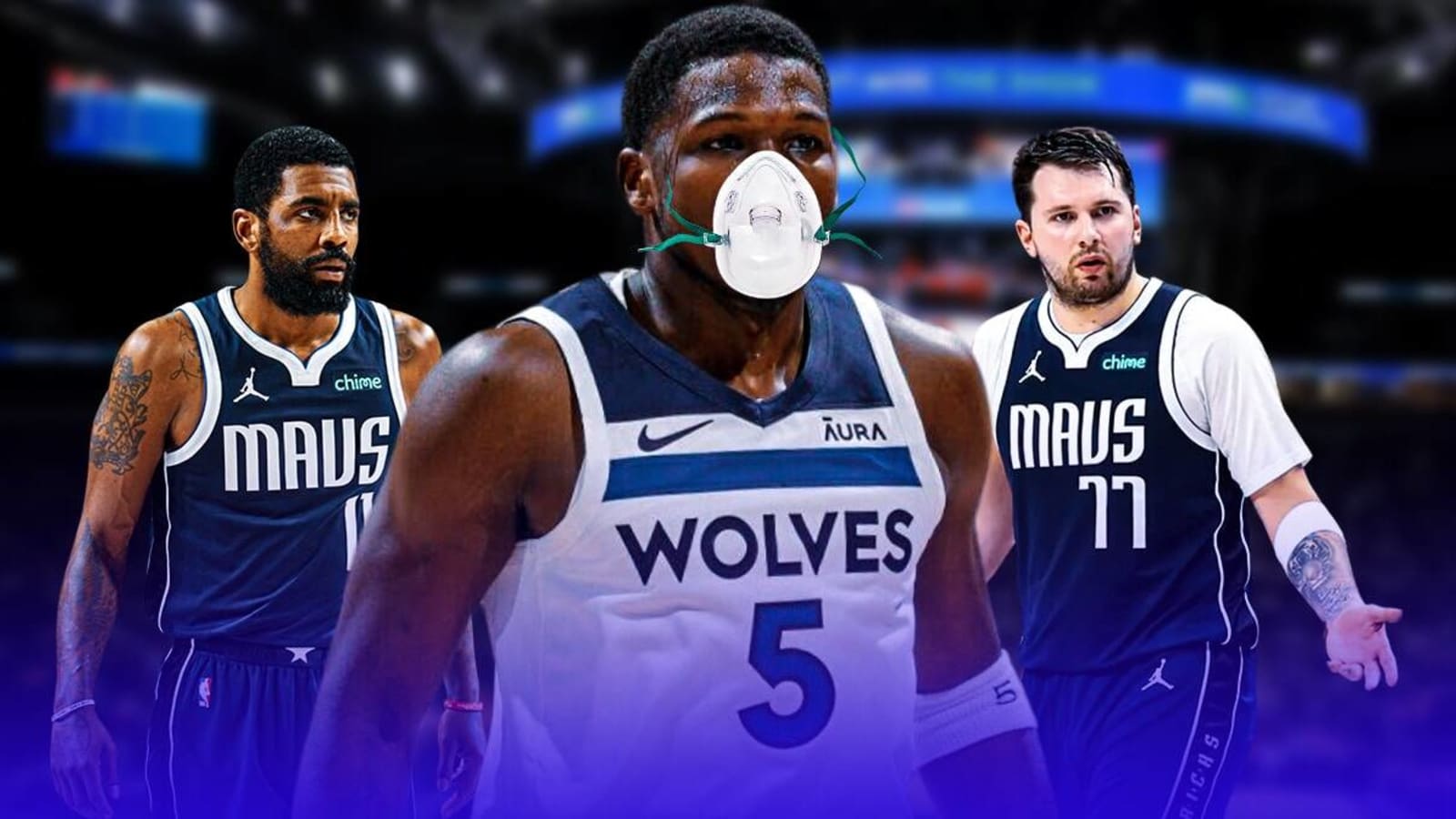Team History and Performance

Wolves vs mavs – The Minnesota Timberwolves and Dallas Mavericks are two of the most storied franchises in the NBA. Both teams have a rich history of success, with the Timberwolves reaching the Western Conference Finals twice and the Mavericks winning the NBA championship in 2011.
Notable Players
Some of the most notable players in Timberwolves history include Kevin Garnett, Stephon Marbury, and Jimmy Butler. The Mavericks have been led by Dirk Nowitzki, Steve Nash, and Luka Dončić.
Recent Performances, Wolves vs mavs
In recent years, the Timberwolves have struggled to find consistent success. They have not made the playoffs since 2018. The Mavericks, on the other hand, have been more successful. They have made the playoffs in each of the last three seasons.
Key Players and Matchups: Wolves Vs Mavs
The Wolves and Mavericks will be relying on their key players to lead them to victory in their upcoming matchup. For the Wolves, Karl-Anthony Towns is the centerpiece of their offense, averaging 24.6 points and 9.8 rebounds per game. He is a skilled scorer and rebounder who can create his own shot and make plays for others. Anthony Edwards is another key player for the Wolves, averaging 21.3 points per game. He is a dynamic scorer who can get to the basket and create scoring opportunities for himself and others.
For the Mavericks, Luka Dončić is the clear superstar, averaging 33.3 points, 8.8 rebounds, and 8.0 assists per game. He is one of the most dynamic players in the league and can score from anywhere on the court. Spencer Dinwiddie is another key player for the Mavericks, averaging 17.2 points and 5.3 assists per game. He is a good scorer and playmaker who can help take some of the pressure off of Dončić.
The matchup between Towns and Dončić will be one of the most important in the game. Towns is a good defender, but Dončić is one of the most difficult players to guard in the league. If Towns can limit Dončić’s production, it will give the Wolves a good chance of winning.
Another key matchup to watch will be between Edwards and Dinwiddie. Edwards is a good defender, but Dinwiddie is a quick and shifty guard who can create his own shot. If Dinwiddie can get going, it will make it easier for Dončić to operate.
Injuries and Suspensions
The Wolves are currently dealing with a few injuries. Jaden McDaniels (ankle) is questionable for the game, while Rudy Gobert (ankle) is out. The Mavericks are relatively healthy, with no major injuries to report.
Coaching and Game Plan
The coaching styles of Chris Finch and Jason Kidd will heavily influence the strategies and game plans of the Wolves and Mavericks, respectively. Finch, known for his offensive prowess, emphasizes player movement, ball sharing, and a high-tempo style of play. Kidd, on the other hand, focuses on defensive intensity, rebounding, and controlling the pace of the game.
Offensive Strategies
The Wolves’ offense revolves around the dynamic duo of Karl-Anthony Towns and Anthony Edwards. Finch’s system allows them to operate freely, creating mismatches and exploiting the defense’s weaknesses. The Mavericks, led by Luka Doncic, rely on isolation plays, pick-and-rolls, and Doncic’s exceptional playmaking abilities to generate scoring opportunities.
Defensive Strategies
Finch’s defensive scheme prioritizes protecting the paint and forcing turnovers. The Wolves’ length and athleticism allow them to switch on screens and contest shots effectively. Kidd’s defensive approach emphasizes rebounding, limiting second-chance opportunities, and disrupting the opponent’s rhythm with physicality and pressure.
Adjustments
Both teams will likely make adjustments based on the strengths and weaknesses of their opponents. The Wolves may look to exploit the Mavericks’ lack of size in the paint by posting up Towns or attacking the basket with Edwards. The Mavericks, in turn, could try to slow down the Wolves’ pace and force them into turnovers by pressuring their guards and trapping in the half-court.
Statistical Comparison

The Wolves and Mavericks have similar records this season, but their statistical profiles are quite different. The Wolves are a high-scoring team that relies on their offense to win games, while the Mavericks are a more defensively-minded team that wins by limiting their opponents’ scoring.
The following table compares key statistics for both teams:
| Statistic | Wolves | Mavericks |
|---|---|---|
| Points per game | 116.4 | 110.3 |
| Rebounds per game | 45.3 | 43.6 |
| Assists per game | 25.6 | 22.1 |
| Steals per game | 8.5 | 6.7 |
| Blocks per game | 6.2 | 5.1 |
As you can see, the Wolves have a significant advantage in points per game, assists per game, and steals per game. The Mavericks, on the other hand, have a slight advantage in rebounds per game and blocks per game.
These statistical comparisons suggest that the Wolves will be the more aggressive team on offense, while the Mavericks will be the more conservative team on defense. The Wolves will need to use their offensive firepower to overcome the Mavericks’ defensive prowess, while the Mavericks will need to limit the Wolves’ scoring to win the game.
Fan Base and Atmosphere

The Minnesota Timberwolves and Dallas Mavericks boast passionate fan bases that create electric atmospheres at their home arenas. The Timberwolves’ Target Center is known for its boisterous crowd, while the Mavericks’ American Airlines Center is renowned for its deafening roars.
Home-Court Advantage
The home-court advantage plays a significant role in this matchup. The Timberwolves have a slight edge in this regard, as they have won 60% of their home games this season compared to the Mavericks’ 55%. The raucous support of the Target Center crowd can provide the Timberwolves with an extra boost of energy and intimidate the Mavericks.
Impact on Player Performance
The atmosphere in both arenas can have a profound impact on the players’ performance. The energy of the crowd can inspire players to perform at their best, while the pressure of playing in a hostile environment can lead to unforced errors and poor decision-making.